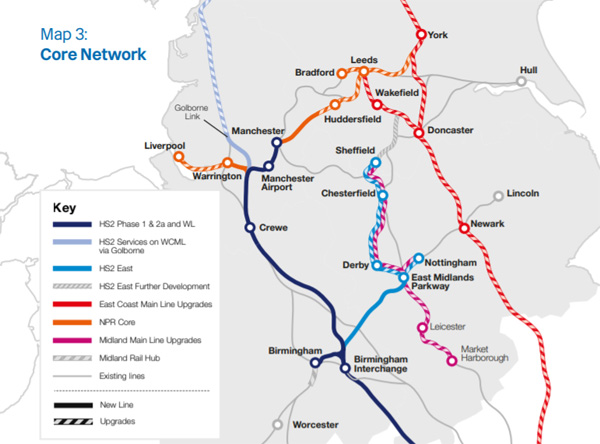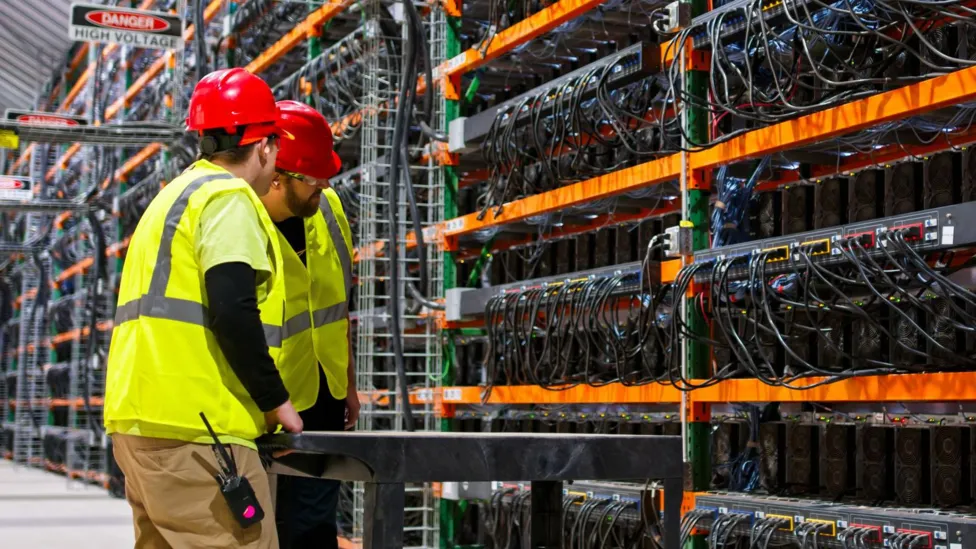
Google's AI produces 1.4 petabytes of data from 1 cubic millimetre of brain tissue
2 min read - 05 Jun, 2024A recent attempt to fully map a mere cubic millimeter of a human brain took up 1.4 petabytes of storage just in pictures of the specimen. A collab between Harvard researchers and Google AI experts took the deepest dive yet into neural mapping with the recent full imaging and mapping of the brain sample, making puzzling discoveries and utilizing incredible technology.
"A team of researchers and neuroscientists have collaborated to unravel the brain’s intricacies."
The sample came from a part of the cortex (gray matter) called the anterior temporal lobe (see figure). The cortex has six layers, and by coloring the neurons according to their size and type, the layers are visible in this zoomed-out view of all of the neurons. The surface of the brain is at the top edge of the image.
An intriguing finding in the reconstruction was the existence of clusters of cells that tended to occur in mirror-image orientation to one another. This image shows a particularly symmetric pair.
A single neuron (white) receives signals that determine whether or not the neuron fires. This image shows all of the axons that can tell it to fire (green) and all of those that can tell it not to (blue). Multiply this by the whole brain and that’s a lot of talking!

Research and discoveries like this are what leads to understanding neurological disorders and diseases like autism and Alzheimer’s.
However OnlyIan thinks we have discovered the true source of genius.
Find out more about Google’s work on our Neural Mapping site, and learn more about this study at the Google Research Blog
Read more here: Google AI: New insights from 6 images of the human brain (blog.google)

By combining brain imaging with AI-based image processing and analysis, Google have reconstructed nearly every cell and all of its connections within a small volume of human brain tissue about half the size of a grain of rice, resulting in 1.4 petabytes (1.4 million gigabytes) of data to encode.


.svg)


